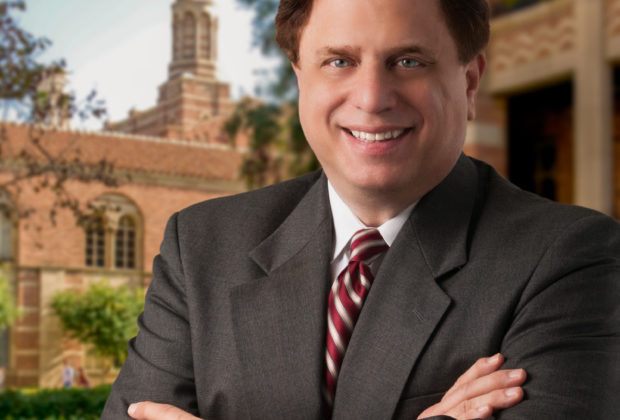South Korean K-pop super-group Blackpink announced that they were re-signing with their record label as a group, but not as solo artists.
Blackpink members Jennie, Jisoo, Rose, and Lisa will pursue their solo careers after they decided not to renew their individual contracts with their record label, YG Entertainment. YG issued the following statement:
“Blackpink recently renewed their contracts with YG for their group activities, and we have agreed not to proceed with additional contracts for [the members] individual activities... We will do our utmost to support Blackpink’s activities, and we will cheer on the members’ individual activities with warm hearts.”
YG’s statement was interesting in that one would think they would have preferred to keep them signed for their solo careers because of the success of the group. But apparently the members were free not to resign as solo artists.
YG formed Blackpink in August of 2016 and they have gone on to win such awards as the 2023 MTV Video Music Award for the Group of the Year. They also became the first K-pop group to headline at the Coachella Valley Music and Arts Festival.
The individual members of the group have embarked on solo projects before. But they spent most of 2023 on their worldwide concert tour supporting their 2022 album, Born Pink.
Jennie recently announced that she has founded a new company called Odd Atelier (OA). It is basically a record label that will be “a space that aims to create new things that attract attention in a different way from is usual or expected.”
In 2021 Jennie and Rose released solo albums and Jisoo did so in 2023.
There is a long history in the music industry of members of groups branching out to pursue successful solo careers. For instance, the solo careers of the Beatles John Lennon, Paul McCartney, and George Harrison. Or the individual careers of Beyonce, Diana Ross, Michael Jackson, Crosby, Stills and Nash, Justin Timberlake, and Harry Styles.
But why do artists decide to go solo when they have been in very successful groups? There are several possible reasons:
1. Creative control. Artists may feel like they can do more of what they want to do. For instance, George Harrison felt like Lennon and McCartney treated him like a little brother (he was a little younger than them) and they only gave him a few songs on each album while contributing the lion’s share with their own compositions. George felt he had a tremendous amount of good material so when he went solo after the Beatles broke up his first release was a three-album masterpiece All Things Must Pass in November of 1970.
2. Financial incentives: Why split the income with a group when you can receive more of the pie as a solo artist?
3. Group friction: As time goes by often friction arises among the members leading to the dissolution of the group and the pursuit of individual careers (think Crosby, Stills, Nash and Young).














